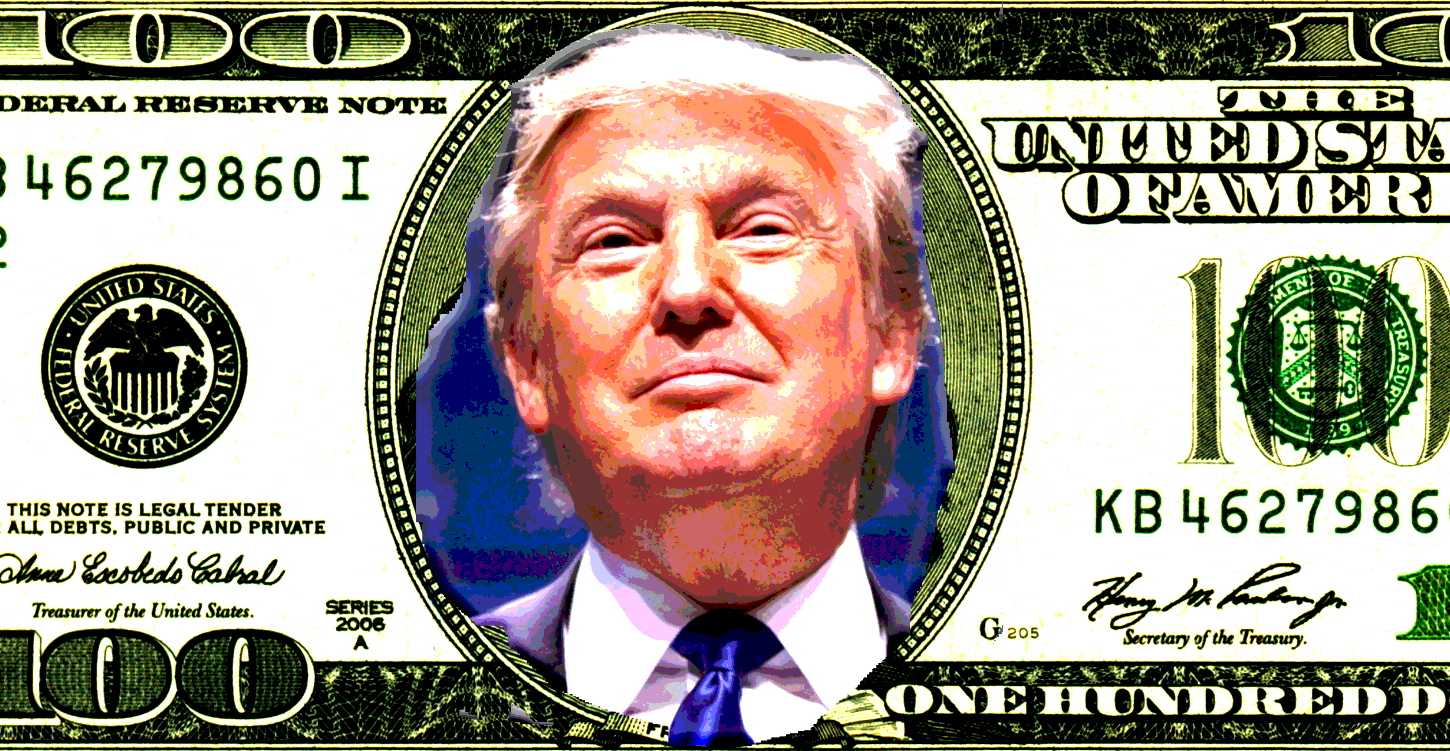Trump’s “One Big Beautiful Bill” Is Just One Big Giveaway to the Rich.
The so-called “One Big Beautiful Bill,” a term coined by Republicans and gleefully echoed by President Donald Trump, is making its way through Congress. But behind the glossy branding lies a deeply troubling piece of legislation that threatens to widen the gap between the wealthy and everyone else in America.

What Is the “One Big Beautiful Bill”—Really?
Despite the name, this isn’t a singular, elegant piece of policy. In reality, it’s a reconciliation bill—a procedural tool used to push through sweeping budgetary changes with a simple majority in both chambers of Congress. That’s right: Republicans are using reconciliation to bypass the Senate filibuster and force through a partisan agenda without needing any support from Democrats.
RELATED: Trump and the Jet: A Billionaire’s Quest for the Biggest Toy.
This year's bill merges government spending, tax reforms, and an increase to the debt ceiling into one massive legislative package. It’s less about fiscal responsibility and more about redistributing wealth—upward.

Who Benefits—and Who Pays?
At the heart of the bill are major tax changes. It extends many of the most controversial parts of Trump’s 2017 Tax Cuts and Jobs Act—the same law that overwhelmingly benefited corporations and the top 1%. But it goes further this time. The bill proposes eliminating income taxes on car loan interest, overtime pay, and tips—which may sound like a win for workers, but in practice, mostly benefits high earners and business owners who exploit loopholes.
RELATED: Trump Announces Record $96bn Boeing-Qatar Airways Deal Amid Boeing Rebound Efforts.
Meanwhile, funding is being slashed for essential programs like Medicare and SNAP, the federal food assistance program that millions of low-income Americans rely on. Adding insult to injury, the bill also proposes shutting down the government’s free tax filing website, a move that would once again burden lower- and middle-income citizens who can’t afford expensive tax preparation services.
According to estimates from the nonpartisan Congressional Budget Office, this bill will make the rich richer and the poor poorer. Wealthy Americans will see tax relief, while working families will see vital services eroded.

Why Is This a Republican-Only Bill?
Republicans control both chambers of Congress and the White House, so they’ve seized the opportunity to push through their priorities with little to no input from Democrats. But even within the GOP, there’s division. Some Republicans want even deeper cuts to Medicaid, while others worry the bill doesn’t go far enough to dismantle government safety nets.
RELATED: Trump Signs Controversial Drug Pricing Order Amid Industry Backlash.
Thanks to the reconciliation process, Republicans don’t need 60 votes in the Senate to pass the bill—they only need 51. That means they can sidestep debate and opposition, even though they only hold a narrow majority.

What Happens Next?
This week, the House Budget Committee voted to advance the bill, and it will soon face a full vote in the House. The Senate is preparing its own version, which could contain even more extreme measures. Once both chambers pass their versions, lawmakers will reconcile the differences behind closed doors—likely weakening oversight and public accountability even further.
From there, the final version will head to the president’s desk, where Trump is expected to sign it with enthusiasm.

The Bottom Line: Americans Should Be Alarmed
The “One Big Beautiful Bill” is anything but beautiful. It’s a thinly veiled attempt to shift wealth and opportunity away from the many and hand it to the privileged few. It slashes crucial lifelines for struggling Americans while padding the pockets of the elite.
This isn’t economic reform—it’s economic sabotage disguised as policy. If passed, this bill will have devastating consequences for millions of ordinary people.
Americans need to wake up. This isn’t just politics—it’s a betrayal.














